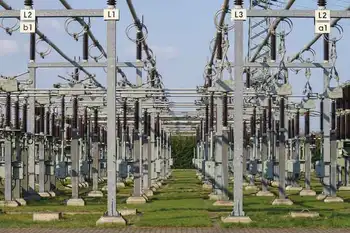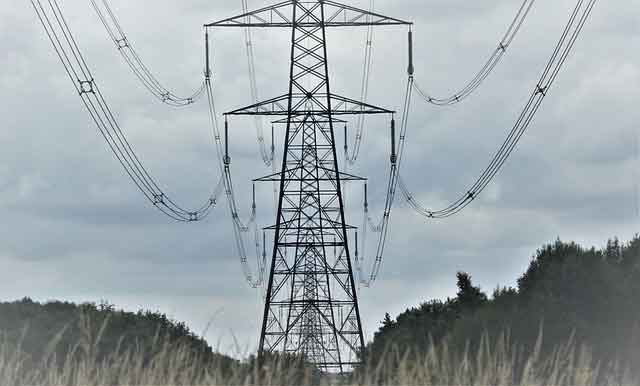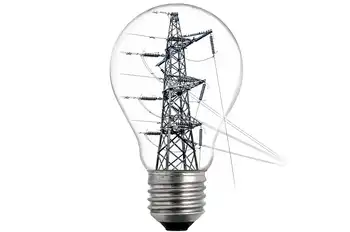Manitoba Government Extends Pause on New Cryptocurrency Connections

CSA Z462 Arc Flash Training - Electrical Safety Essentials
Our customized live online or in‑person group training can be delivered to your staff at your location.

- Live Online
- 6 hours Instructor-led
- Group Training Available
Manitoba Crypto Mining Electricity Pause signals a moratorium to manage grid strain, Manitoba Hydro capacity, infrastructure costs, and electricity rates, while policymakers evaluate sustainable energy demand, and planning for data centers and blockchain operations.
Key Points
A temporary halt on mining power hookups in Manitoba to assess grid impacts, protect rates, and plan sustainable use.
✅ Applies only to new service requests; existing sites unaffected
✅ Addresses grid strain, infrastructure costs, electricity rates
✅ Enables review with Manitoba Hydro for sustainable policy
The Manitoba government has temporarily suspended approving new electricity service connections for cryptocurrency mining operations, a step similar to BC Hydro's suspension seen in a neighboring province.
The Original Pause
The pause was initially imposed in November 2022 due to concerns that the rapid influx of cryptocurrency mining operations could place significant strain on the province's electrical grid. Manitoba Hydro, the province's primary electric utility, which has also faced legal scrutiny in the Sycamore Energy lawsuit, warned that unregulated expansion of the industry could necessitate billions of dollars in infrastructure investments, potentially driving up electricity rates for Manitobans.
The Extended Pause Offers Time for Review
The extension of the pause is meant to provide the government and Manitoba Hydro with more time to assess the situation thoroughly and develop a long-term solution addressing the challenges and opportunities presented by cryptocurrency mining, including evaluating emerging options such as modular nuclear reactors that other jurisdictions are studying. The government has stated its commitment to ensuring that the long-term impacts of the industry are understood and don't unintentionally harm other electricity customers.
What Does the Pause Mean?
The pause does not affect existing cryptocurrency operations but prevents the establishment of new ones. It applies specifically to requests for electricity service that haven't yet resulted in agreements to construct infrastructure or supply electricity, and it comes amid regional policy shifts like Alberta ending its renewable moratorium that also affect grid planning.
Concerns About Energy Demands
Cryptocurrency mining involves running high-powered computers around the clock to solve complex mathematical problems. This process is incredibly energy-intensive. Globally, the energy consumption of cryptocurrency networks has drawn scrutiny for its environmental impact, with examples such as Iceland's mining power use illustrating the scale. In Manitoba, concern focuses on potentially straining the electrical grid and making it difficult for Manitoba Hydro to plan for future growth.
Other Jurisdictions Taking Similar Steps
Manitoba is not alone in its cautionary approach to cryptocurrency mining. Several other regions and utilities have implemented restrictions or are exploring limitations on how cryptocurrency miners can access electricity, including moves by Russia to ban mining amid power deficits. This reflects a growing awareness among policymakers about the potentially destabilizing impact this industry could have on power grids and electricity markets.
Finding a Sustainable Path Forward
Manitoba Hydro has stated that it is open to working with cryptocurrency operations but emphasizes the need to do so in a way that protects existing ratepayers and ensures a stable and reliable electricity system for all Manitobans, while recognizing market uncertainties highlighted by Alberta wind project challenges in a neighboring province. The government's extension of the pause signifies its intention to find a responsible path forward, balancing the potential for economic development with the necessity of safeguarding the province's power supply.











